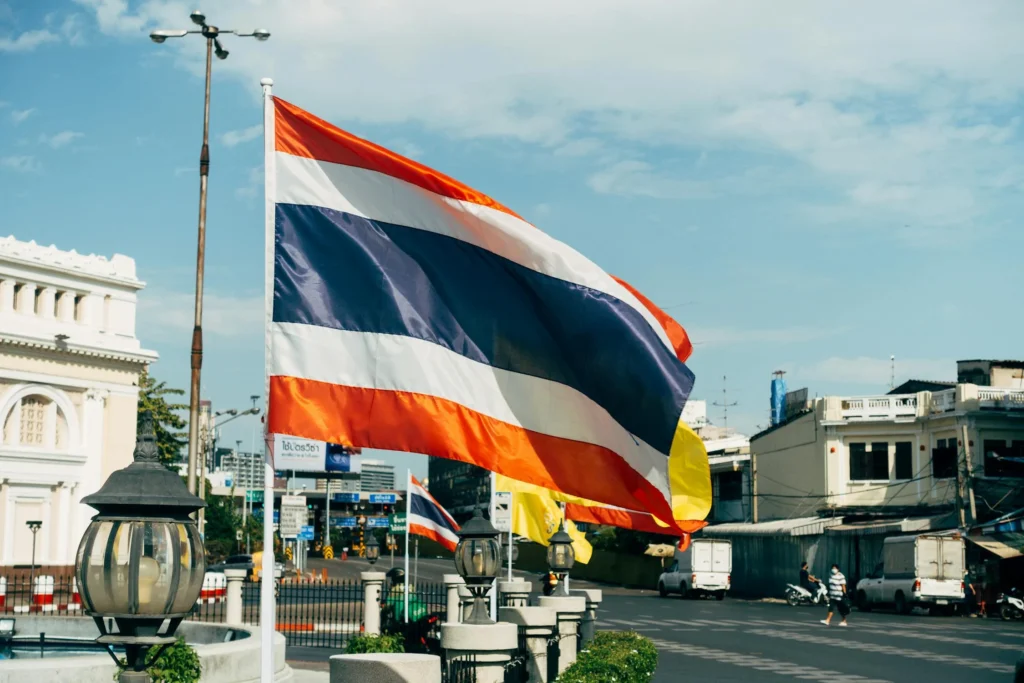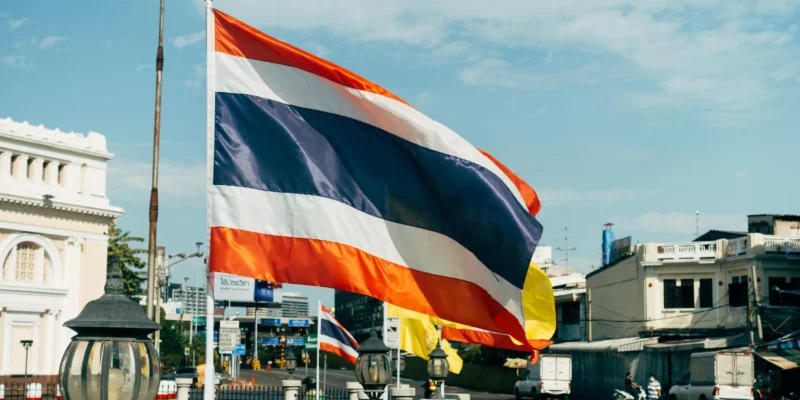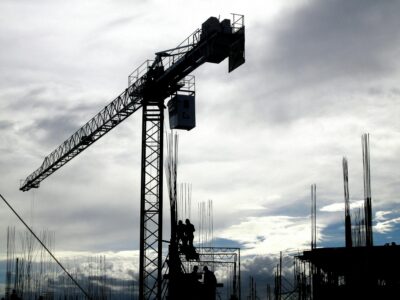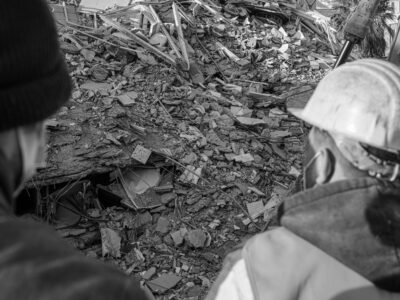Worawan Klinsawai

Photograph of the Thailand Flag by Markus Winkler via Pexels, February 22nd, 2022
During the official visit of the Prime Minister of Malaysia to Bangkok, the Thai Government facilitated two informal meetings with Myanmar’s military and opposition leaders at the request of the Prime Minister as the ASEAN Chair. As a facilitator, Thailand needed better clarity on which direction to seek and what outcome to achieve.
On April 17th-18th, 2025 Prime Minister Paetongtarn Shinawatra of Thailand welcomed Prime Minister Anwar Ibrahim of Malaysia to a bilateral meeting in Bangkok to discuss diplomatic relations and intensify regional integration. At the request of Prime Minister Ibrahim, the Thai Government also facilitated two separate informal meetings with Myanmar’s military and opposition leaders regarding post-earthquake humanitarian assistance, the extension of the ceasefire, and future dialogues for peaceful resolution.
An informal discussion between Prime Minister Ibrahim and Senior General Min Aung Hlaing, the military head of the State Administrative Council, was held in person as a sideline to the official visit. Prime Minister Ibrahim also attended a virtual meeting with U Mahn Win Khaing Than, the Prime Minister of the National Unity Government (NUG), which ensured the inclusiveness of the shadow government.
As Malaysia assumed the chairpersonship of the Association of Southeast Asian Nations (ASEAN) this year, Prime Minister Ibrahim appointed Thailand’s former prime minister, Dr Thaksin Shinawatra, as an informal advisory lead to the ASEAN chair. This opportunity allowed Thailand to assist Malaysia by acting as a bridge to promote a constructive step towards ASEAN engagement with Myanmar after a long isolation since the 2021 coup d’état.
Although these informal meetings reflected Thailand’s commitment to fostering diplomatic ties between ASEAN member states, this facilitation provoked public scrutiny among Thai citizens and ethnic groups in Myanmar because the meeting with Senior General Min Aung Hlaing risked legitimising the military government.
Many Thai academics also raised several questions concerning the strategy for Thailand as a regional facilitator. They suggested that the Thai Government consider seeking clarity on what Thailand should anticipate as a result of its facilitation, including a clear direction and substantive outcomes.
It is also important for the Thai Government and ASEAN leaders to remain cautious when engaging with Myanmar’s military leader. Recently, the Tatmadaw, Myanmar’s armed forces, continued its airstrikes despite the ceasefire following the devastation of the 7.7 magnitude earthquake, which led to hundreds of refugees fleeing to Thailand. Without trust-building with the military regime and ethnic factions, the path to peaceful resolution in Myanmar will be an arduous process.
Sources and Further Readings:
Tangsathaporn, P. (2025, April 19). Thailand ‘just a facilitator’ of Myanmar talks.








Comments